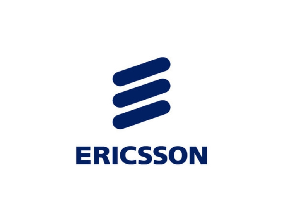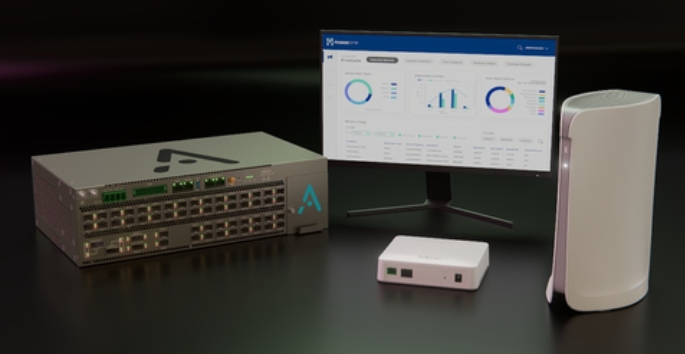Telefónica plots another Spanish fiber JV, this time with Vodafone
On the eve of its results announcement for the second quarter of 2024 (Q2 FY24), Telefónica revealed that it plans to embark on yet another fiber venture in Spain, signing a non-binding MoU with rival Vodafone Spain.
Telefónica, whose own fiber network now passes 30.2 million premises in its domestic market, has already established a rural fiber-to-the-home (FTTH) joint venture under the Bluevía brand, in collaboration with Vauban Infrastructure Partners and Crédit Agricole Assurances. Bluevía currently has 5 million premises passed and operates as a neutral provider.
The group now intends to establish an FTTH joint venture with Zegona-owned Vodafone Spain, and said it is entering into a period of exclusive negotiations to agree on the final terms. According to the two operators, the new FibreCo will pass about 3.5 million premises and serve around 1.4 million connected customers. The aim is also to bring in a third-party financial investor.
Notably, Vodafone Spain has just entered into a similar arrangement with MasOrange, the joint venture created earlier this year through the merger of Orange Spain with Másmóvil. Here, the two partners plan to establish a shared fiber network company that will cover about 11.5 million premises. They also intend to bring in a further investor.
Speaking during the earnings call on Wednesday, Telefónica COO Ángel Vilá noted that it is still too early to provide any indications about the potential impact of the proposed venture with Vodafone as it is currently just an MoU. More should be revealed in the coming months.
He did say that the venture with Vodafone "would be an accretive or additional to the wholesale revenues that we're getting with that partner," and also pointed to the recently refreshed wholesale and national roaming deal with Digi Spain.
"So lots of moving parts, but the two agreements that we have signed are supportive of the wholesale revenue function for Telefónica Spain at rational prices that would not necessarily or would not produce erosion in the conditions of the retail market," he added.
He noted that Spain has undergone some structural changes of late, with the creation of MasOrange, the sale of Vodafone Spain, and the transition of Digi Spain from an MVNO to a mobile network operator.
"The whole market is reconfiguring, and the principle of rationality that we are perceiving on the side of all the players, there is clearly an objective to optimize the return on capital employed by avoiding overbuild risk. Also at the same time, there is a need and there is a willingness from the different players to optimize network utilization and doing this in such a way that the market retains a healthy level of competitiveness, but without putting undue pressures on the market," he said.
To be sure, Telefónica also has plenty of experience with fiber JVs, and is working with a range of investors that also includes Allianz, CDPQ, KKR and InfraVia. Not only has it established the Bluevía venture in Spain, but the Telefónica Infra unit also oversees the FiBrasil JV in Brazil, Nexfibre in the UK, Unsere Gru?ne Glasfaser (UGG) in Germany, ONNET Fibra Chile and ONNET Fibra Colombia.
Another venture is in progress under Pangea in Peru, while Telefónica, Liberty Global and Virgin Media UK are planning to establish a new NetCo in the UK.
Overall, Telefónica chairman and CEO José María Álvarez-Pallete provided a positive assessment of the group's performance in Q2 FY24, which is the second quarter under its recently unveiled "GPS" (Growth, Profitability and Sustainability) plan.
"Notably, all our main markets are growing revenue," he said. "Importantly, we have seen robust growth in EBITDA minus capex, which increased by 11.5% year on year. This impressive double-digit growth this quarter puts us, year to date, already trending above our full-year guidance and positions us well for the second half of the year."
Total group revenue increased 1.2% year-on-year to €10.25 billion (US$11.1 billion) in Q2 FY24, while EBITDA rose 1.8% to €3.2 billion ($3.46 billion). Net income was 3.3% lower at €447 million ($484 million).





